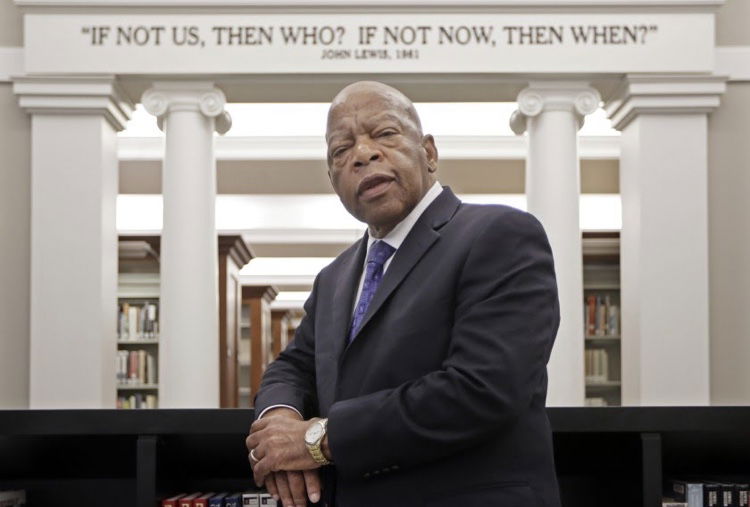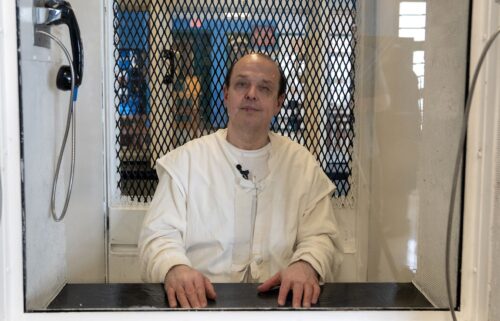Body of civil rights icon John Lewis crosses Selma bridge in emotional ceremony

SELMA, Alabama -- More than five decades after he was slammed in the head by a white state trooper's billy club while he lead a march on behalf of Rev. Martin Luther King Jr. across the Edmund Pettus Bridge in Selma, Alabama, the late Congressman John Lewis made one last crossing on Sunday.
In an emotional ceremony that symbolizes the 80-year-old Lewis' lifelong work for civil rights, hundreds of mourners watched the procession escort the congressman's casket across the 1,284-foot bridge spanning the Alabama River. A horse-drawn caisson carried Lewis' casket alone across the bridge.
The somber journey brought Lewis full-circle to the spot he almost died as a 25-year-old on March 7, 1965, when Alabama state troopers attacked him and other civil rights demonstrators in an incident that became known as "Bloody Sunday."
"I was hit with a billy club, and I saw the state trooper that hit me," Lewis would recall later during a federal hearing. "I was hit twice, once when I was lying down and was attempting to get up."
The moment that Lewis was attacked was captured in news photographs that opened the eyes of the world on the brutality civil rights marchers were enduring in the South in a quest for voting rights and equality for Black Americans.
Sunday's tribute to Lewis came during a six-day celebration of the man who became known as the "conscience of the U.S. Congress."
The bridge crossing occurred a day after Lewis was eulogized in his hometown of Troy in Alabama.
Sunday's march started at Brown Chapel A.M.E. Church in an event titled "#Good Trouble: Courage, Sacrifice & the Long March for Freedom."
Lewis' body was taken later Sunday to the Alabama State Capitol in Montgomery to lie in repose.
House Speaker Nancy Pelosi and Senate Majority Leader Mitch McConnell have said that Lewis will be honored in a private ceremony in the U.S. Capitol Rotunda on Monday, followed by an unprecedented public viewing taking place outside, as opposed to inside, the Capitol building due to coronavirus concerns on Monday night and Tuesday.
Lewis died on July 17, seven months after a routine medical visit revealed that he had stage 4 pancreatic cancer.


